Cold sores are a common viral infection caused by the herpes simplex virus type 1 (HSV-1). They are characterized by small, painful blisters that usually appear on or around the lips. While there is no cure for cold sores, there are many over-the-counter and prescription medications that can help to alleviate symptoms and speed up the healing process. However, some people prefer to use natural remedies, such as one of the many natural herbal remedy for cold sore.
Disclaimer: This article is provided for informational purposes only and should not replace professional medical advice. Please consult with a qualified healthcare practitioner or herbalist before using any herbal remedies.
Herbal remedies have been used for centuries to treat a wide range of ailments, including viral infections like cold sores. Some of the most popular herbal remedies for cold sores include tea tree oil, lemon balm, and aloe vera. Tea tree oil has antiviral and antibacterial properties that can help to fight off the herpes virus, while lemon balm has been shown to reduce the duration and severity of cold sore outbreaks. Aloe vera, on the other hand, has anti-inflammatory properties that can help to soothe the skin and reduce pain and swelling.
Understanding Cold Sores~ Herbal Remedy for Cold Sore
Cold sores, also known as fever blisters, are a common viral infection caused by the herpes simplex virus (HSV). They usually appear as small, fluid-filled blisters on or around the lips, but can also occur on other parts of the face or inside the mouth.
Once the virus enters the body, it travels to nerve cells and remains dormant until triggered by certain health conditions or factors, such as stress, illness, or exposure to sunlight. The first outbreak of cold sores is usually the most severe and can be accompanied by flu-like symptoms such as fever, swollen lymph nodes, and sore throat.
While there is no cure for cold sores, there are several herbal remedies that may help alleviate symptoms and speed up the healing process. These include:
- Lemon balm: A member of the mint family, lemon balm has antiviral properties that may help reduce the duration and severity of cold sores. It can be applied topically as a cream or ointment, or taken orally as a tea or supplement.
- Tea tree oil: A natural antiseptic, tea tree oil may help prevent secondary infections and promote healing of cold sores. It can be applied topically as a diluted oil or added to bath water.
- Aloe vera: Known for its soothing and healing properties, aloe vera may help relieve pain and inflammation associated with cold sores. It can be applied topically as a gel or cream.
It is important to note that while herbal remedies may be effective in managing cold sore symptoms, they should not be used as a substitute for medical treatment. If you experience frequent or severe outbreaks of cold sores, or have other health concerns, it is important to consult with a healthcare professional for proper diagnosis and treatment.
Causes and Triggers of Cold Sore Outbreaks
Cold sores are caused by the herpes simplex virus (HSV), which can be contracted through close contact with an infected person or by sharing personal items such as utensils or towels. Once contracted, the virus remains in the body for life, and outbreaks can occur periodically.
Several factors can trigger cold sore outbreaks, including sun exposure, weakened immune system, stress, and viral infections. Sun exposure can cause a flare-up of the virus, especially in individuals with fair skin. Therefore, it is important to apply sunscreen to the lips when spending time outdoors.
A weakened immune system can also trigger cold sore outbreaks. This can happen due to illness, stress, or certain medications. Individuals with a healthy immune system are less likely to experience frequent outbreaks, as their body can effectively fight against the virus.
Stress is another common trigger for cold sore outbreaks. Stress can weaken the immune system, making it easier for the virus to reactivate. Therefore, it is important to practice stress management techniques such as meditation, yoga, or deep breathing exercises.
Viral infections such as the flu or common cold can also trigger cold sore outbreaks. During these infections, the immune system is busy fighting off the virus, leaving the body vulnerable to a cold sore flare-up.
Symptoms of Cold Sores
Cold sores, also known as fever blisters, are a common viral infection caused by the herpes simplex virus (HSV). The virus is highly contagious and can be easily transmitted through skin-to-skin contact or by sharing personal items such as towels, razors, or utensils.
The initial symptoms of a cold sore usually appear within 2-20 days after exposure to the virus. The infected person may experience a tingling or burning sensation around the lips or mouth. This is followed by the appearance of small, painful blisters filled with fluid. These blisters can be quite unsightly and can cause embarrassment and discomfort.
In addition to the blisters, a cold sore outbreak can also cause other symptoms such as a sore throat, fever, and swollen lymph nodes. The blisters usually break open, ooze fluid, and form a crust before healing. The entire healing process can take up to two weeks.
It’s important to note that not everyone who is infected with the herpes simplex virus will develop cold sores. Some people may have the virus but never experience any symptoms. However, those who do develop cold sores may experience recurrent outbreaks throughout their life.
If you suspect that you have a cold sore, it’s important to take precautions to prevent the spread of the virus. This includes avoiding close contact with others, washing your hands frequently, and refraining from sharing personal items. Additionally, over-the-counter medications and home remedies can help alleviate the symptoms of a cold sore outbreak.
Cold Sores vs Canker Sores
Cold Sores~ Herbal Remedy for Cold Sore
Lesions known as cold sores are caused by the herpes simplex virus (HSV), which is highly contagious. The virus can spread through close personal contact, such as kissing or sharing utensils, towels, or razors with an infected person. They typically appear as small, fluid-filled blisters on or around the lips, but they can also occur on the nose, chin, cheeks, or inside the mouth.
Cold sores can be painful and itchy, and they may also cause fever, swollen lymph nodes, and other flu-like symptoms. The blisters usually break open and form a crust within a few days, and then they heal within a week or two. However, the virus can remain dormant in the body and reactivate later, causing recurrent outbreaks.
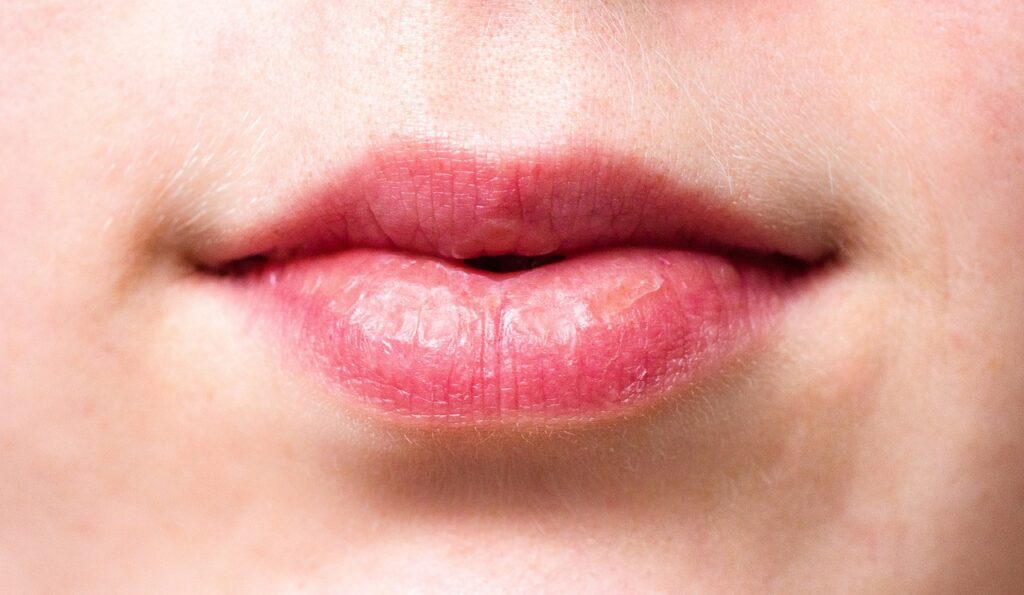
Canker Sores~ Herbal Remedy for Cold Sore
Canker sores, on the other hand, are not caused by a virus, but rather by a variety of factors, including stress, injury, hormonal changes, and certain foods or medications. They are not contagious and do not usually appear on the outer lip area, but rather on the inside of the mouth, including the tongue, cheeks, and gums. Canker sores are usually round or oval-shaped, with a white or yellow center and a red border.
Canker sores can be painful and make it difficult to eat, drink, or talk. They usually heal on their own within a week or two, but larger or more severe sores may take longer to heal. Unlike cold sores, canker sores are not contagious and do not recur.
In summary, cold sores are caused by a virus and are highly contagious, while canker sores are not contagious and have various non-viral causes. Understanding the differences between the two types of sores can help people identify and treat them properly.
Conventional Treatments for Cold Sores
While there is no cure for cold sores, conventional treatments can help to reduce symptoms and prevent outbreaks.
Antiviral medication is a common treatment for cold sores. These medications work by reducing the replication of the virus, which can help to speed up the healing process and reduce the severity of symptoms. Prescription medications such as acyclovir, valacyclovir, and famciclovir are commonly used to treat cold sores. These medications can be taken orally or applied topically.
Cold sore medications are also available over-the-counter. These medications typically contain antiviral drugs such as acyclovir or docosanol. They are available in various forms, including creams, ointments, and patches. These medications can help to reduce the duration of cold sore outbreaks and alleviate symptoms such as pain and itching.
It is important to note that while conventional treatments can be effective in treating cold sores, they are not a cure. Healthcare providers can help to determine the best course of treatment for individual patients based on their medical history and the severity of their symptoms. In addition, patients should take steps to prevent the spread of the virus, such as avoiding close contact with others and washing their hands frequently.
Herbal Remedies for Cold Sores
Cold sores, also known as fever blisters, are caused by the herpes simplex virus (HSV). They are small, painful, fluid-filled blisters that typically appear on or around the lips. While there is no cure for cold sores, there are a variety of herbal remedies that may help alleviate symptoms and promote healing.
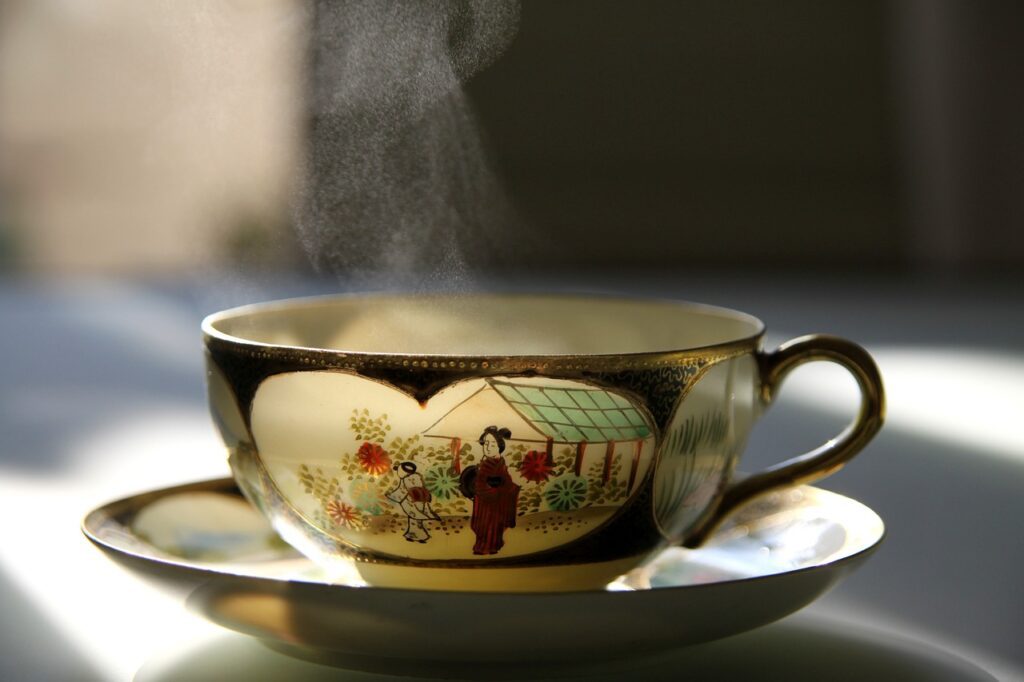
Lemon Balm~ Herbal Remedy for Cold Sore
Lemon balm, also known as Melissa officinalis, is a popular herbal remedy for cold sores. It has antiviral properties that may help reduce the duration and severity of outbreaks. Lemon balm can be applied topically as a cream or ointment, or taken orally as a tea or supplement.
Essential Oils~ Herbal Remedy for Cold Sore
Several essential oils have been shown to have antiviral properties that may help treat cold sores. Tea tree oil, for example, has been found to inhibit the herpes simplex virus in laboratory studies. Other essential oils that may be effective include peppermint oil, eucalyptus oil, and lavender oil. Essential oils should be diluted before applying topically, as they can be irritating to the skin.
Aloe Vera Gel~ Herbal Remedy for Cold Sore
Aloe vera gel is a natural anti-inflammatory that may help reduce pain and swelling associated with cold sores. It can be applied topically to the affected area as often as needed.
St. John’s Wort~ Herbal Remedy for Cold Sore
St. John’s wort is a popular herbal remedy for depression, but it may also have antiviral properties that can help treat cold sores. It can be applied topically as a cream or ointment, or taken orally as a tea or supplement.
Echinacea Tea~ Herbal Remedy for Cold Sore
Echinacea is a popular herbal remedy for boosting the immune system. Drinking echinacea tea may help prevent cold sores from developing or reduce the severity of outbreaks.
Vanilla Extract~ Herbal Remedy for Cold Sore
Vanilla extract has been found to have a virucidal effect against the herpes simplex virus in laboratory studies. Applying vanilla extract topically to cold sores may help promote healing.
Witch Hazel~ Herbal Remedy for Cold Sore
Witch hazel is a natural astringent that may help dry out cold sores and reduce itching and pain. It can be applied topically to the affected area as often as needed.
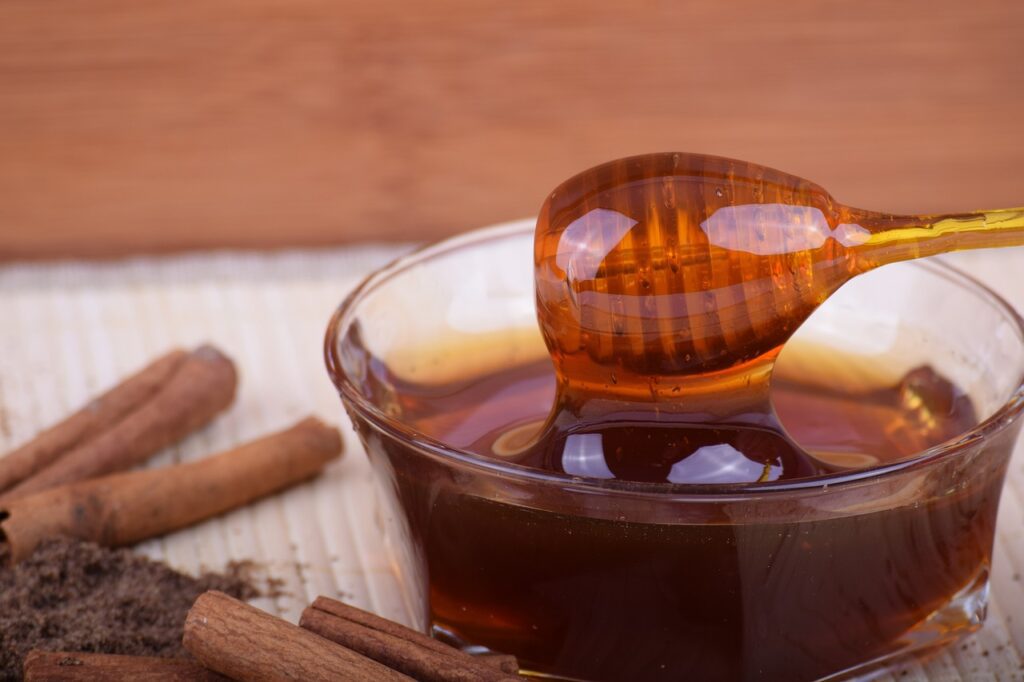
Manuka Honey and Kanuka Honey~ Herbal Remedy for Cold Sore
Manuka honey and kanuka honey are both natural antibacterials that may help prevent secondary infections in cold sores. They can be applied topically to the affected area as often as needed.
In conclusion, while there is no cure for cold sores, there are many herbal remedies that may help alleviate symptoms and promote healing. It is important to note that these remedies should not be used as a substitute for medical treatment, and individuals with severe or frequent outbreaks should consult a healthcare professional.
The Role of Vitamins and Minerals~ Herbal Remedy for Cold Sore
Vitamins and minerals play an important role in maintaining a healthy immune system and preventing cold sores. Vitamin C, for example, is a powerful antioxidant that helps to protect cells from damage caused by free radicals. It also supports the immune system by stimulating the production of white blood cells that fight off infections.
Vitamin E is another powerful antioxidant that helps to protect the skin from damage caused by UV radiation and other environmental stressors. It also has anti-inflammatory properties that can help to reduce redness and swelling associated with cold sores.
Zinc oxide is a mineral that has been shown to have antiviral properties and can help to reduce the duration and severity of cold sores. It works by inhibiting the replication of the herpes simplex virus that causes cold sores.
In addition to these specific vitamins and minerals, a healthy diet rich in fruits, vegetables, and whole grains can provide a wide range of nutrients that support overall immune function. It is also important to stay hydrated and get enough sleep, as these factors can also impact immune function and susceptibility to cold sores.
While vitamins and minerals can be obtained through diet alone, some people may benefit from taking supplements to ensure they are getting enough of these essential nutrients. It is important to talk to a healthcare provider before starting any new supplement regimen to ensure it is safe and appropriate for individual needs.
Overall, incorporating vitamins and minerals into a healthy lifestyle can play an important role in preventing and managing cold sores.
The Importance of Diet in Cold Sore Treatment
Diet plays a crucial role in the treatment of cold sores. A nutritious diet can help boost the immune system, which in turn can help fight off the herpes simplex virus that causes cold sores. Here are some important dietary considerations that can help in the treatment of cold sores:
Lysine-Rich Foods
Lysine is an essential amino acid that plays a key role in the body’s immune system. It has been found to be effective in preventing and treating cold sores. Foods rich in lysine include red meat, chicken, fish, dairy products, and legumes such as beans and lentils. Incorporating these foods into the diet can help boost the body’s lysine levels, which can help prevent cold sore outbreaks.
Citrus Fruits
Citrus fruits such as oranges, lemons, and grapefruits are rich in vitamin C, which is essential for a healthy immune system. A strong immune system can help fight off the herpes simplex virus that causes cold sores. However, some people may find that citrus fruits can trigger cold sore outbreaks. If this is the case, it may be best to limit citrus fruit intake or avoid it altogether.
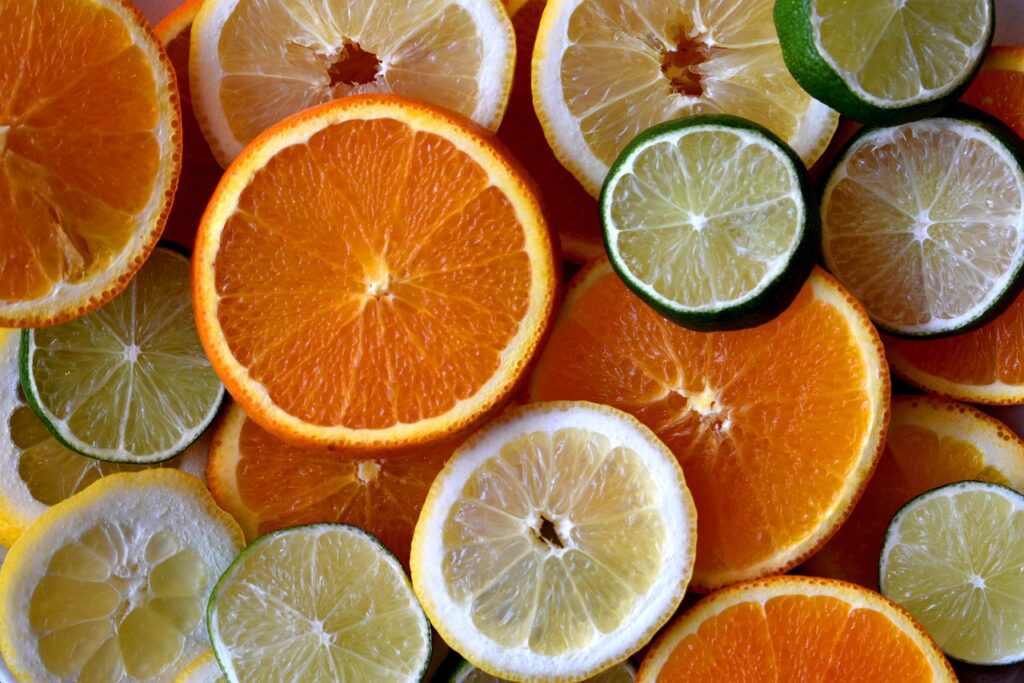
Essential Amino Acids
In addition to lysine, other essential amino acids such as arginine and methionine can also play a role in cold sore outbreaks. Arginine is known to trigger cold sore outbreaks, while methionine has been found to be effective in preventing them. Foods rich in arginine include nuts, seeds, and chocolate. Foods rich in methionine include eggs, fish, and dairy products.
Overall, a healthy and balanced diet can help prevent and treat cold sores. Incorporating lysine-rich foods, limiting or avoiding trigger foods, and ensuring adequate intake of essential amino acids can all help in the treatment of cold sores.
Home Remedies for Cold Sores
Cold sores, also known as fever blisters, are caused by the herpes simplex virus. They are small, fluid-filled blisters that appear on or around the lips. While there is no cure for cold sores, there are some home remedies that can help alleviate symptoms and speed up the healing process.
Ice Pack
One of the simplest home remedies for cold sores is an ice pack. Applying a cold compress to the affected area can help reduce inflammation and relieve pain. Simply wrap a few ice cubes in a towel and apply it to the cold sore for 10-15 minutes at a time, several times a day.
Apple Cider Vinegar
Apple cider vinegar is a popular home remedy for a variety of ailments, including cold sores. It has antiviral properties that can help fight off the herpes simplex virus. To use apple cider vinegar, mix equal parts water and vinegar and apply the solution to the cold sore with a cotton ball. Leave it on for a few minutes before rinsing it off with water.
Coconut Oil
Coconut oil is another natural remedy that can help soothe cold sores. It has antiviral properties that can help fight off the herpes simplex virus. Apply a small amount of coconut oil directly to the cold sore several times a day to help relieve symptoms and promote healing.
Lemon Juice
Lemon juice is a natural astringent that can help dry out cold sores and promote healing. Apply a small amount of lemon juice directly to the cold sore with a cotton ball. Leave it on for a few minutes before rinsing it off with water.
Hydrogen Peroxide
Hydrogen peroxide is a disinfectant that can help prevent infection and promote healing. To use hydrogen peroxide, mix equal parts water and 3% hydrogen peroxide and apply the solution to the cold sore with a cotton ball. Leave it on for a few minutes before rinsing it off with water.
While these home remedies can help alleviate symptoms and promote healing, it is important to remember that cold sores are highly contagious. Avoid touching the affected area and wash your hands frequently to prevent the spread of the virus. If symptoms persist or worsen, consult a healthcare professional for further treatment options.
Preventing Cold Sore Outbreaks
Cold sores are a common viral infection caused by the herpes simplex virus (HSV). While there is no cure for cold sores, there are ways to prevent outbreaks and manage symptoms. In this section, we will discuss some herbal remedies and lifestyle changes that can help prevent cold sore outbreaks.
Lip Balm
Using a lip balm with sunscreen can help to prevent cold sores triggered by sun exposure. Sunscreen lip balm can help to protect the lips from harmful UV rays and prevent the virus from becoming active. Look for a lip balm with an SPF of at least 15 and apply it regularly, especially before going outside.
Healthy Immune System
Maintaining a healthy immune system is key to preventing cold sore outbreaks. Eating a healthy diet, getting enough sleep, and managing stress can all help to boost the immune system. Supplements such as vitamin C, zinc, and echinacea may also be beneficial.
Carrier Oil
Applying a carrier oil, such as coconut oil or jojoba oil, to the affected area may help to soothe symptoms and prevent the virus from spreading. Carrier oils can also help to keep the skin moisturized and prevent cracking, which can lead to further outbreaks.
Cotton Swab
Avoid touching the cold sore with your fingers, as this can spread the virus to other parts of your body or to other people. Instead, use a cotton swab to apply any creams or ointments to the affected area. Throw away the swab after each use to prevent the virus from spreading.
Thin Layer of Petroleum Jelly
Applying a thin layer of petroleum jelly to the cold sore can help to soothe symptoms and prevent the virus from spreading. Petroleum jelly can also help to keep the skin moisturized and prevent cracking.
Sexual Activity and Intimate Contact
Cold sores can be spread through sexual activity and intimate contact. It is important to avoid kissing or engaging in sexual activity during an outbreak to prevent the virus from spreading. Using a dental dam or condom can also help to prevent the spread of the virus.
In conclusion, preventing cold sore outbreaks requires a combination of herbal remedies and lifestyle changes. By following these tips, individuals can reduce the frequency and severity of cold sore outbreaks and manage symptoms when they do occur.

Conclusion
While there is no cure for cold sores, herbal remedies can be an effective treatment option. The good news is that many herbs have been shown to have antiviral properties that can help reduce the duration and severity of cold sores.
One of the best ways to use herbal remedies for cold sores is to apply them topically. This allows the active ingredients to be absorbed directly into the affected area. Some of the most effective topical herbal remedies for cold sores include tea tree oil, aloe vera, and lemon balm.
Another option is to take herbal supplements that can help boost the immune system and fight off the virus that causes cold sores. Some of the best herbal supplements for cold sores include echinacea, garlic, and licorice root.
It’s important to note that while herbal remedies can be an effective treatment for cold sores, they should not be used as a substitute for medical treatment. If you have a cold sore that has lasted a long time or is particularly severe, it’s important to seek medical attention.
In conclusion, herbal remedies can be a safe and effective treatment option for cold sores. By incorporating these remedies into your treatment plan, you can help reduce the duration and severity of cold sores and get back to feeling like yourself again.




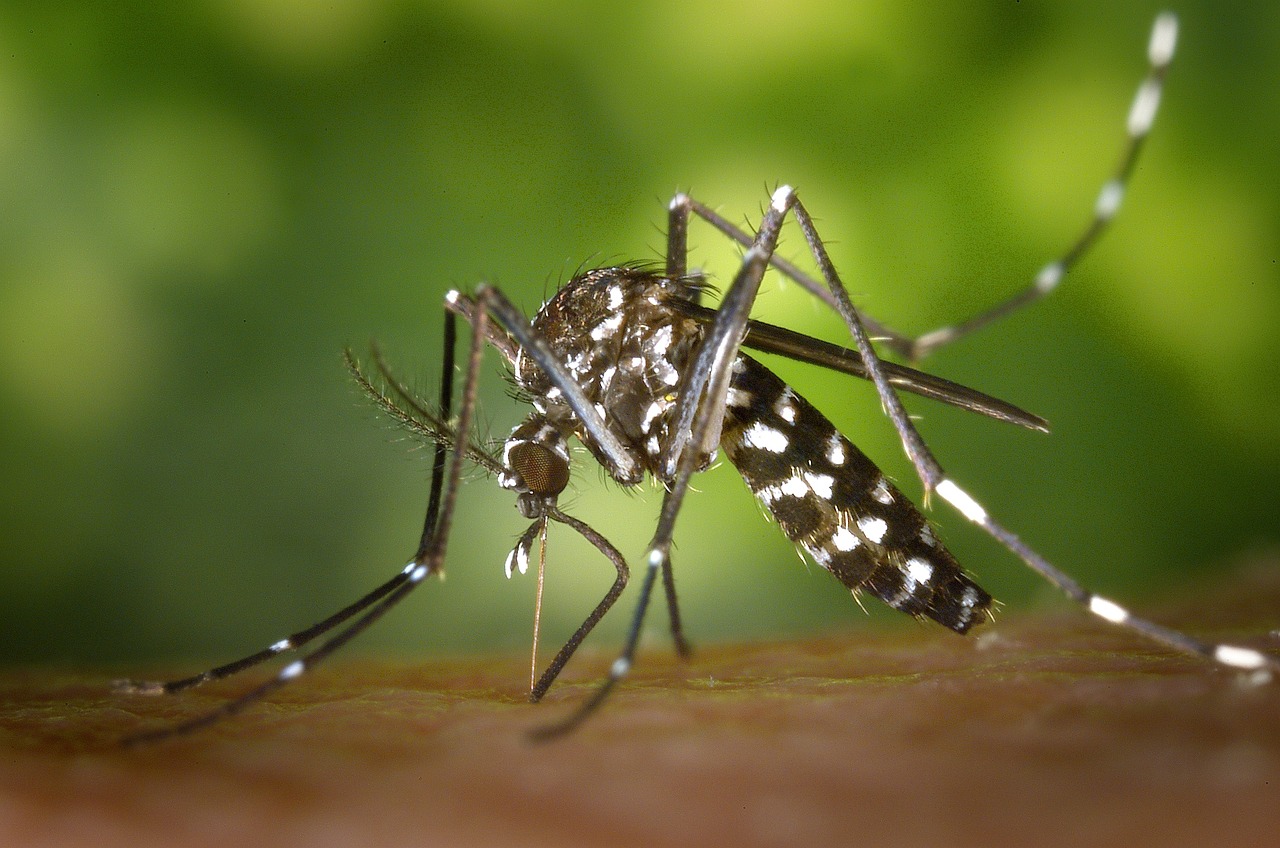
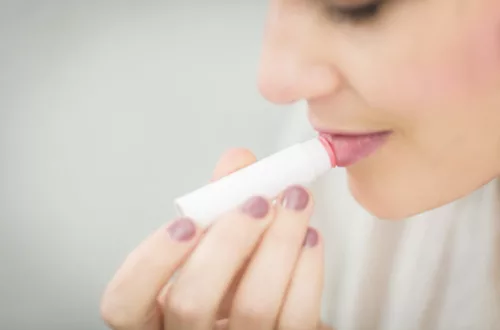

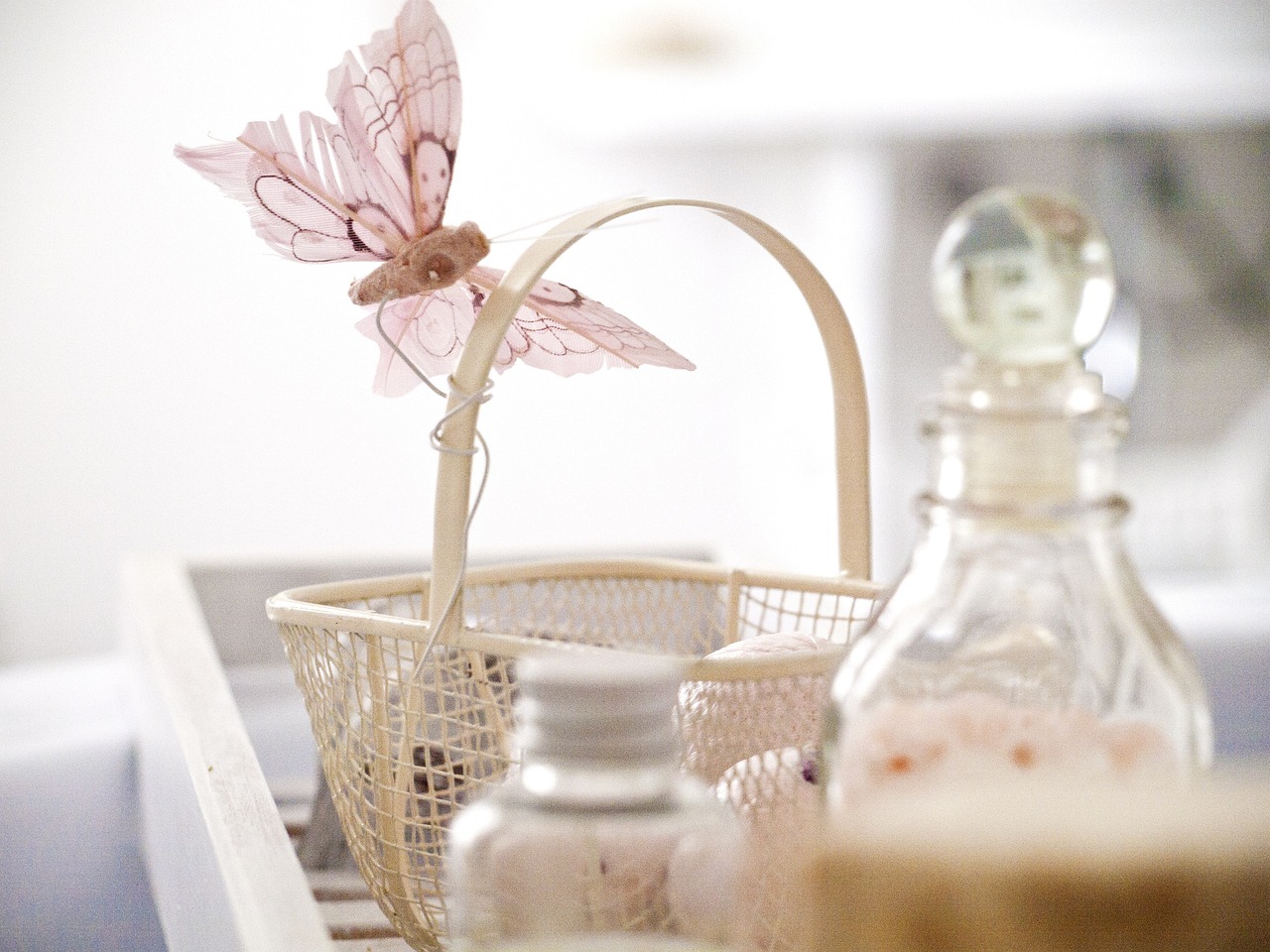
7 Comments on “Herbal Remedy for Cold Sore: Natural Solutions That Work”